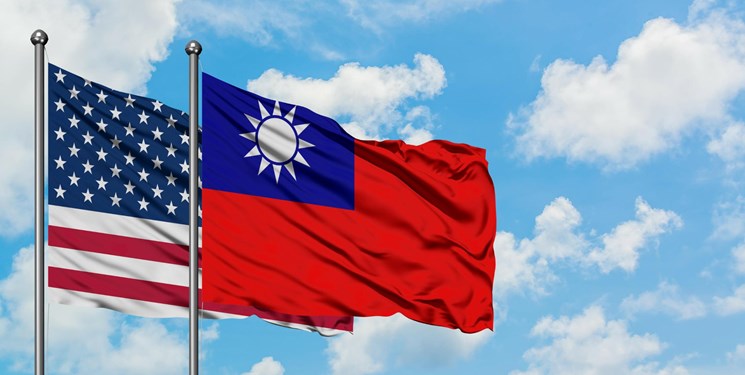The US approved the sale of $1.1 billion in military equipment to Taiwan.
The US State Department on Saturday morning approved the sale of $1.1 billion in military equipment to Taiwan.
In an action that China will consider as interference in its internal affairs, the US Department of State announced the approval of the sale of an arms package worth 1.1 billion dollars to Taiwan.
By reporting this news, the French news agency stated that the goal of the United States is to strengthen the defense capability of this island in the midst of the escalation of tensions between Taipei and Beijing.
America’s intention to sell this weapons package comes a month after the controversial visit of Nancy Pelosi, the speaker of the US House of Representatives, to Taiwan. This trip brought great anger to China.
The package includes a $665 million early warning system that will help Taiwan detect missiles early. The package also includes $355 million in advanced Harpoon missiles.
A spokesperson of the US State Department has claimed that this package of weapons is necessary “for the security of Taiwan”. “We want China to stop its military, diplomatic and economic pressure on Taiwan and instead enter into a meaningful dialogue with Taiwan,” the spokesman said.
The US State Department has claimed that despite the approval of the sale of this package, the US still recognizes only China. China considers Taiwan a part of its mainland.
The spokesperson of the US State Department said: “The offer to sell this package is one of our daily actions to support Taiwan’s ongoing efforts to modernize its armed forces and maintain a reliable military capability.”
The sale of this package requires the approval of the US Congress. However, Congress is expected to approve the package sale because members of both parties support Taiwan.
Taiwan is considered a part of China that has separatist claims; The countries of the world and the United Nations do not recognize these claims. Beijing has always opposed any contact between Taiwanese representatives and Western officials, especially high-ranking political or military officials from countries with which Beijing has diplomatic ties, saying such visits violate the principle of one China and send the wrong signals to Taiwan’s separatist forces.









